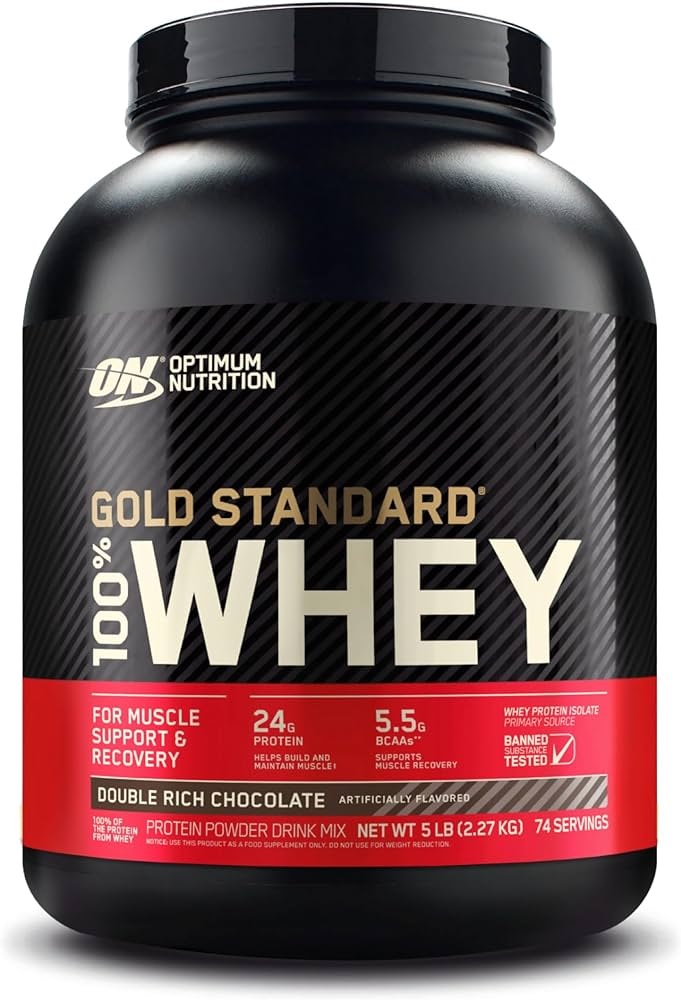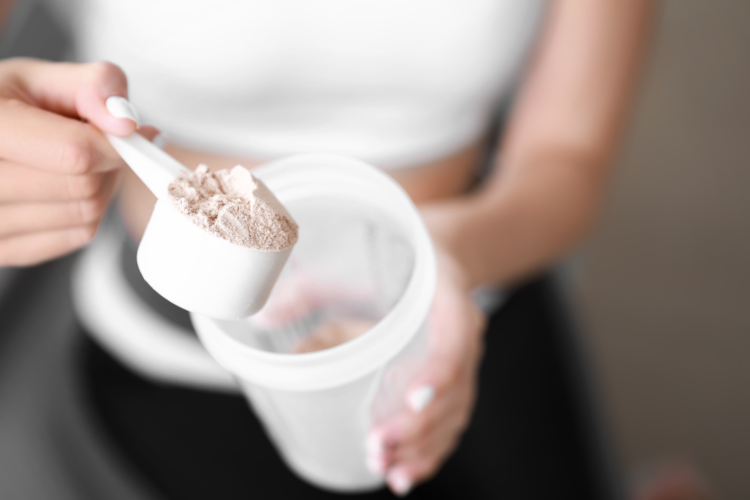Protein powder is widely known for its role in muscle building and recovery after exercise, but can it also stimulate hair growth? While protein is essential for healthy hair growth, the relationship between protein powder consumption and hair growth is complex and not entirely straightforward. Protein is a crucial component of hair, as hair follicles require adequate protein intake to produce strong, healthy strands. However, the type and quality of protein consumed, as well as overall dietary factors, play significant roles in promoting optimal hair health.
- BCAA Supplements To Increase Energy
- Does BCAA Supplements Boost Testosterone
- Are BCAA Supplements Good For Runners
- BCAA Supplements And Depression Is There A Link
- BCAA And Keto What You Need To Know
- BCAA Supplement Benefits And Side Effects
When considering whether protein powder can stimulate hair growth, it’s essential to understand that hair growth is influenced by various factors beyond protein intake alone. While protein is necessary for hair growth, other nutrients such as vitamins, minerals, and fatty acids also play crucial roles in supporting hair follicle health and stimulating growth. Therefore, while increasing protein intake through protein powder may contribute to overall nutrient balance, it’s essential to maintain a well-rounded diet rich in a variety of nutrients for optimal hair health. Shop raw supplements, bulk discount, lab tested 5% off here!
Additionally, individual factors such as genetics, hormonal balance, and underlying health conditions can significantly impact hair growth. While protein powder consumption may support overall hair health by providing essential nutrients, it’s unlikely to single-handedly stimulate hair growth in individuals experiencing hair loss or thinning due to genetic factors or medical conditions. In such cases, addressing underlying health issues and consulting with a healthcare professional may be necessary to effectively manage hair loss and promote hair regrowth.
In conclusion, while protein powder can contribute to overall nutrient intake and support hair health, it’s not a guaranteed solution for stimulating hair growth on its own. Maintaining a balanced diet rich in essential nutrients, including protein, vitamins, minerals, and fatty acids, is crucial for promoting healthy hair growth. Additionally, addressing underlying health conditions and consulting with a healthcare professional can help individuals experiencing hair loss or thinning achieve optimal hair health and regrowth.

Buy Protein Powder Online
We Have Some Of The Best Protein Powder Out There!
Come have a look what types of Protein we have? Shop the best Protein Powder! We have found the best deals! Or please feel free to read more about the many benefits of Protein supplements on site.
Can protein powder directly stimulate hair growth?
While protein is essential for healthy hair growth, protein powder alone is unlikely to directly stimulate hair growth. Hair growth is influenced by various factors beyond protein intake, including genetics, hormonal balance, and overall nutrient intake.
Does consuming protein powder improve hair health?
Protein powder can contribute to overall nutrient intake, including essential amino acids necessary for hair growth. However, the relationship between protein powder consumption and hair health is complex, and other nutrients such as vitamins, minerals, and fatty acids also play crucial roles in supporting hair health.
Are there specific types of protein powder that are better for hair growth?
While various types of protein powders are available, including whey, casein, soy, and plant-based options, there is no specific type of protein powder that is known to be superior for hair growth. Instead, it’s essential to focus on consuming a well-rounded diet rich in a variety of nutrients to support overall hair health.
What should I do if I’m experiencing hair loss or thinning?
If you’re experiencing hair loss or thinning, it’s essential to address underlying factors that may be contributing to the issue. Consult with a healthcare professional to determine potential causes of hair loss, such as genetics, hormonal imbalances, or under


